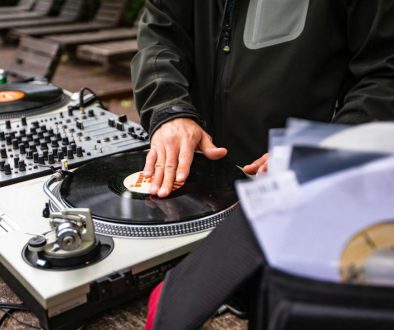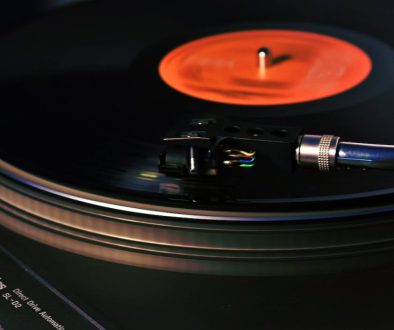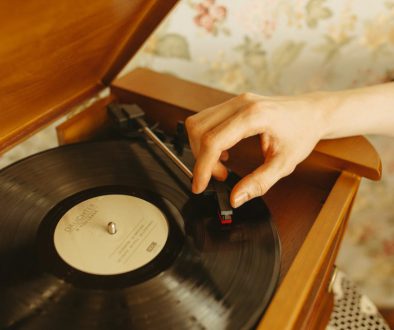Digital Turntable – Which One to Choose?
In the evolving landscape of DJing and music playback, the digital turntable has emerged as a key player, blending traditional turntable mechanics with modern digital technology. This article aims to explore the world of digital turntables, explaining what they are, how they work, their differences from traditional vinyl players, the debate over sound quality, and tips on choosing the right digital turntable for your needs.
What is a Digital Turntable?
A digital turntable is a device that emulates the traditional vinyl turntable experience but uses digital files instead of physical records. It allows DJs and music enthusiasts to mix, scratch, and manipulate audio files using a setup that mimics the layout and functionalities of a classic turntable. These devices often include features like MIDI (Musical Instrument Digital Interface) compatibility, USB connectivity, and software integration, offering a modern twist to the traditional art of DJing.
How Do Digital Turntables Work?
Digital turntables work by controlling audio files on a computer or digital storage device. They typically come with a platter, which DJs can manipulate just like a vinyl record. These movements are translated into digital signals, controlling the playback of the audio file. Most digital turntables are used in conjunction with DJ software, which provides a virtual interface for mixing tracks, adding effects, and managing the music library. The software often displays virtual turntables and a mixer on the screen, replicating the traditional DJ setup.
What is the Difference Between a Digital Turntable and a Vinyl Player?
The primary difference between a digital turntable and a vinyl player lies in the medium they use. A vinyl player, or turntable, plays analog sound from physical vinyl records, while a digital turntable uses digital audio files. Vinyl players are known for their warm, rich sound quality and the tactile experience of handling records. Digital turntables offer greater flexibility and convenience, allowing for a vast music library, enhanced portability, and integration with various digital tools and effects.
Do Turntables Sound Better than Digital?
The debate over the sound quality of turntables versus digital systems is subjective and often depends on personal preference and the specific equipment used. Vinyl enthusiasts argue that analog sound from vinyl records has a warmer, more authentic quality. On the other hand, digital systems provide a cleaner, more precise sound and are less prone to physical degradation over time. The choice often comes down to the listener’s priorities, whether they value the nostalgia and sound character of vinyl or the versatility and consistency of digital audio.
Which Digital Turntable Should You Choose?
Selecting a digital turntable depends on several factors, including your skill level, intended use, and budget. Beginners might opt for an entry-level model that offers basic functionalities and ease of use. More experienced DJs may prefer higher-end models with advanced features like direct drive motors, high torque, customizable controls, and extensive software compatibility. Consider the software integration as well; some turntables are designed to work seamlessly with specific DJ software. Additionally, take into account the build quality, portability, and available inputs and outputs for connectivity with other equipment.
Conclusion
In conclusion, the digital turntable represents a fusion of tradition and innovation, offering a modern approach to DJing and music playback. Whether you’re a seasoned DJ or a music enthusiast venturing into digital mixing, understanding the nuances of digital turntables is essential in choosing the right equipment that aligns with your needs and aspirations in the digital music realm.



